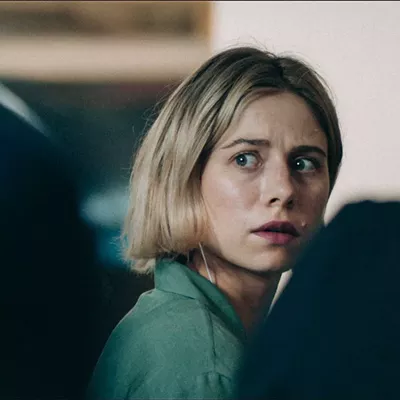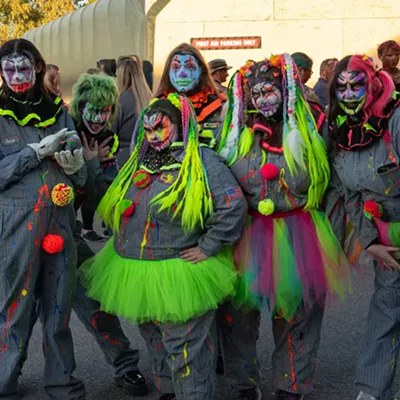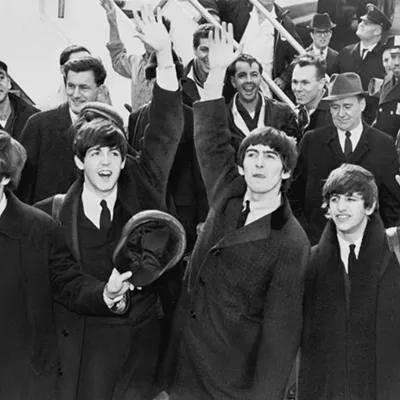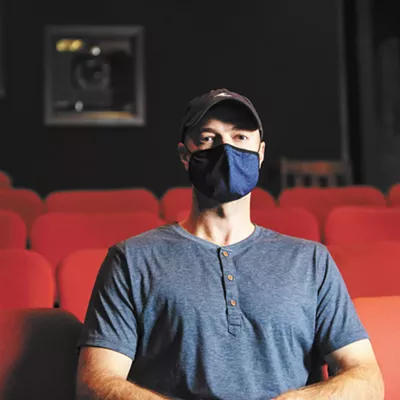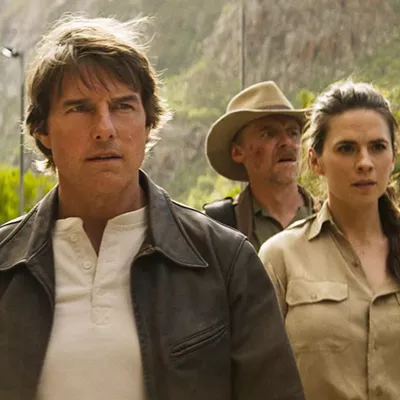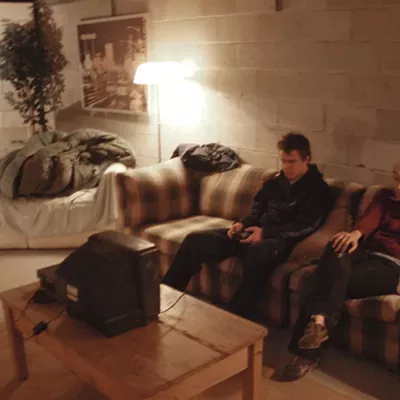Michael Myers just keeps coming back. An unrelenting masked killer commonly referred to as "The Boogeyman" and whose weapon of choice is a kitchen knife that never seems to dull, he is basically as unkillable as the Halloween franchise itself. Across the various Halloween movies, he has been repeatedly shot, stabbed, blown up and, at one point, seemingly decapitated. Yet through all the many cinematic misfires and meandering timelines, director John Carpenter's creation remains one of the most iconic horror figures after over four decades.
The character has endured despite a death march of sequels, remakes and reimaginings that have dampened the menacing mystique that was first unleashed in the original 1978 Halloween. Whenever one revisits that film (one Carpenter wrote with the late Debra Hill), it is hard to shake how wonderfully sinister and simple their work remains. It is just about a masked man who wreaks havoc on the sleepy suburb of Haddonfield, Ill. and how babysitter Laurie Strode (Jamie Lee Curtis) fights to fend him off. There was an efficient explanation for Michael's origin as what mattered is he just keeps coming no matter what is thrown in his way. The sublime synth score, also created by Carpenter, sets the tone perfectly and remains immediately recognizable for a reason.
The subsequent films that preceded the original have only occasionally justified their existence. Halloween 2 picked up right after the original and remains somewhat engaging, while still being a major step down — trying to give Michael a motive by establishing Laurie as his sister. This was only the beginning. Halloween 3 that had nothing to do with Myers and was instead a failed attempt to turn the series into an anthology of sorts where scary things happen on Oct. 31. The fraught fourth and fifth movies ditched this approach, bringing Michael back for another personal vendetta, this time against his niece. The sixth entry, The Curse of Michael Myers, boldly attempted to give Michael a supernatural origin related to a cult.
Then there was the first hard reset that erased most everything before it. Halloween H20 and Halloween: Resurrection introduced a different version of Strode, again played by Curtis, and again being tracked down by the slasher. H20 wasn't half bad, ending in rather triumphant fashion, though Resurrection undid all of this and threatened to kill any remaining audience interest. However, it did include a monologue where Busta Rhymes described Michael as a "killer shark in baggy-ass overalls," so it wasn't a total wash. The second reset came via Rob Zombie's Halloween remake and Halloween 2, which also were in their own timeline, followed by a third with the recent trilogy of films by director David Gordon Green, which now comes to a close with this week's release of Halloween Ends.
This most recent attempt at a jumpstart began with Halloween in 2018. It was a strong direct sequel to the original, which ignored the nine movies made in-between. It brought Curtis back again as a lonely Laurie, who had been consumed by fear and plenty of trauma about Michael's return. Add to that a striking new score by Carpenter, his most significant involvement in the franchise in decades, and you had a surprising hit that was the best the franchise had been since it began. It should have ended there, as it managed to be a fitting full-circle moment for the characters.
Of course, with more money to be made, we got the baffling sequel Halloween Kills three years later that sidelined Laurie in a hospital and had characters roam around repeating the line "evil dies tonight" until it was us as the audience who wanted to die. It killed any intrigue in the closing chapter of Halloween Ends, now getting a theatrical and streaming release on Peacock.
For every glimpse of success the Halloween franchise takes, the story takes several steps backwards. However this latest entry ends, it is high time to let Michael stay dead for a good while. If the last 40-plus years have shown us anything, we ought to allow iconic works of horror like Halloween time to rest, rather than dampening them with so many unimagative revisitings. ♦
Halloween Ends opens in theaters on Oct. 13 and streams on Peacock starting Oct. 14.




